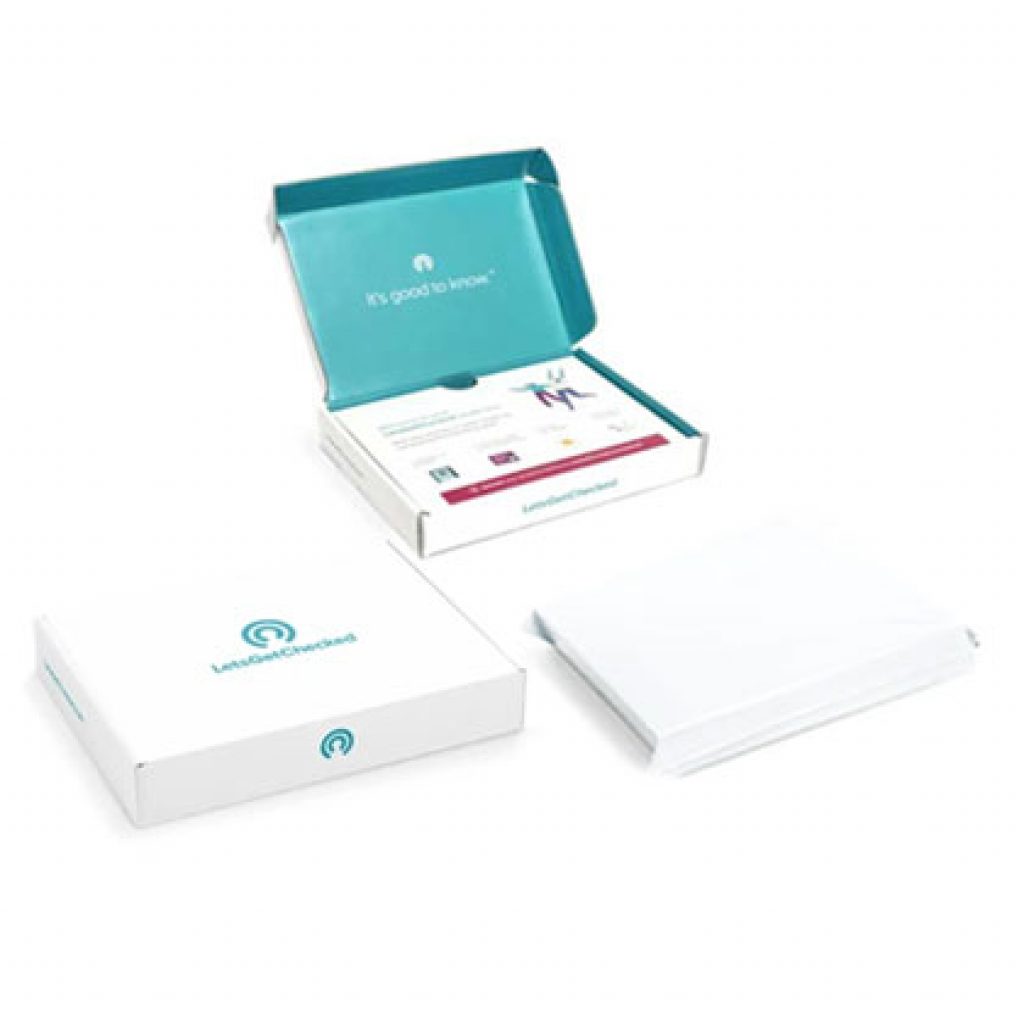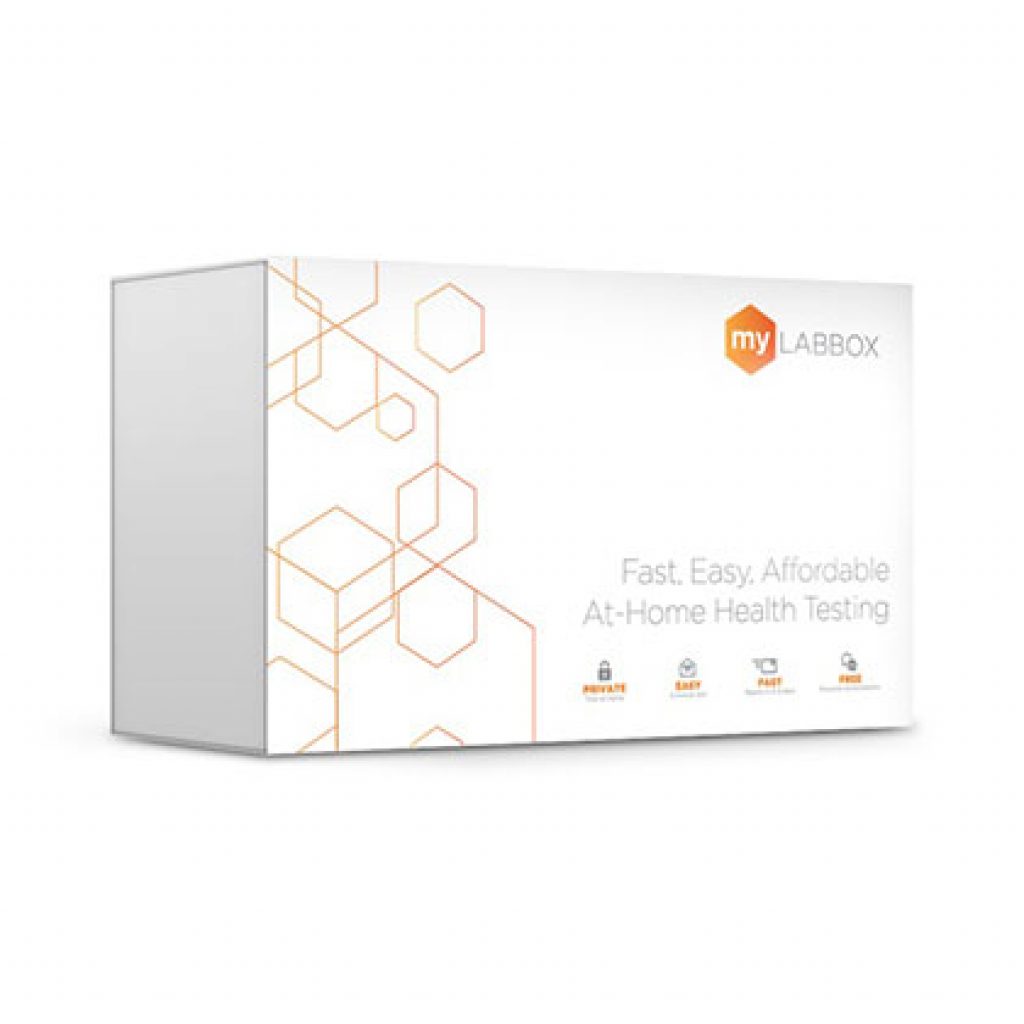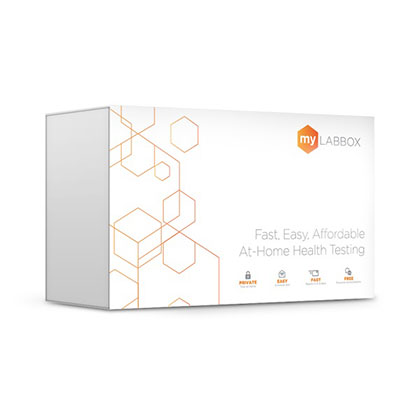According to the World Health Organization (WHO) more than 1 million sexually transmitted diseases (STDs) are acquired every day worldwide, and most of these infections are asymptomatic. That means it's possible to have an infection and not even realize it. And while it’s not the end of the world to contract an STD, if they go undetected and untreated, they can cause a host of complications.
Below, we discuss if STDs can go away on their own, the risks of leaving an STD untreated plus the treatment options for some of the most common infections.
Do STDs heal without treatment (SOLVED)
In general, experts consider there to be two types of STDs
- Viral infections such as herpes, HIV, and hepatitis, that cannot be cured
- Non-viral infections (or bacterial) such as chlamydia, gonorrhea, and syphilis, that can be cured
Although viral infections can’t be completely cured, early diagnosis and the right treatment can help you avoid complications down the line – they do not heal, so, therefore, do not go away on their own!
In terms of non-viral STDs, they’re known to show little to no symptoms which means that these STDs can often go undetected – or might make it seem as if the infection has gone away on its own. The truth is, while it is sometimes possible for non-viral infections to pass by themselves, it’s also possible for them to persist for months or even years causing a whole host of issues.
In a nutshell, while you may think that an infection has passed by itself, the chances are pretty slim. That’s why getting tested and treated is the most reliable way to avoid any complications associated with specific infections – it also limits the chances of you spreading any infection to your partner(s).
This at-home STD test from LetsGetChecked is an excellent starter kit for those worried about common STDs

LetsGetChecked
Standard 5 STD test
Chlamydia & Gonorrhea
HIV, Syphilis and Trichomoniasis
Free Shipping, Discreet packaging
Finger prick & Urine sample
$149.00
Test for 5 of the most common STDs with the popular Standard 5 LetsGetChacked at-home STD test. Using the same labs as physicians & hospitals, LetsGetChecked brings sexual health testing to your door at an affordable price, with treatment available for positive cases of Chlamydia and Trichomoniasis
Read our LetsGetChecked for information and opinions on tests and services.
Chlamydia
Chlamydia is one of the most common STDs among young people. It’s often referred to as the ‘silent infection’ because it's known to show little to no symptoms – meaning it can often go unnoticed.
The Centers for Disease Control and Prevention (CDC) note that if symptoms do appear, they can take several weeks to appear after sexual contact with someone who has chlamydia and may include
- Abnormal vaginal or penile discharge
- Burning sensation when peeing.
Even without symptoms, if chlamydia goes untreated in women, it can cause pelvic inflammatory disease (PID). Complications associated with PID include infertility, long-term abdominal pain, and ectopic pregnancy.
Don’t forget that with the right treatment, chlamydia can be cured. If you suspect you have chlamydia, check in with your doctor or with an at-home lab test.
Gonorrhea
Gonorrhea is the second most common STD, just behind chlamydia. Like chlamydia, most cases are asymptomatic which means it’s common to have gonorrhea and experience little to no symptoms.
If symptoms do develop, it can take anywhere between 2 weeks to a few months after sexual contact with someone who has the infection. The symptoms will usually include
- Abnormal vaginal or penile discharge
- Burning sensation or discomfort when peeing
Untreated gonorrhea can cause complications in both men and women. In women, it can cause PID. In men, it can cause epididymitis which, although rare, can lead to infertility.
With early detection and the right course of treatment, gonorrhea can be cured. If it's possible that you have contracted gonorrhea, check in and test to avoid any potential complications down the line.
Syphilis
Syphilis is an STD that can cause serious complications without treatment. The infection develops in stages and each stage is typically associated with different symptoms.
In the first stage of syphilis, you might notice a sore in and around your genitals, anus, rectum, lips, or mouth. If syphilis is left untreated at this stage, the infection can progress into the secondary stage where you may experience a skin rash on one or more areas of the body. The symptoms from this stage will go away without treatment however without treatment, the infection will move onto the later stages of syphilis.
If syphilis is left untreated, it can cause complications such as heart problems, brain issues, nerve problems, and organ difficulties.
Once detected and treated, syphilis is curable. If you are experiencing symptoms or if it’s possible that you have syphilis, it’s crucial to get tested and treated early – you can do this with your doctor or from home with an at-home self-test.
HIV/AIDs
HIV (human immunodeficiency virus) is a virus that attacks the immune system. If the infection isn’t treated, it can develop into AIDs (acquired immunodeficiency syndrome).
Symptoms of HIV usually develop around 2-4 weeks after infection and are usually flu-like including
- Fever
- Night sweats
- Fatigue
- Muscle aches
Without treatment, HIV can progress through three stages with the final and most severe stage being AIDs which can cause a damaged immune system and put you at risk of developing other serious infections.
The only way to know if you have contracted HIV is through testing. If you are experiencing symptoms and think you may have been exposed to HIV, it’s important to get tested. Remember, early detection and treatment can slow and even prevent the progression of the infection making development into AIDs much less likely than in the earlier years of HIV.
Hep B
Hepatitis B is a liver infection that is caused by the hepatitis B virus (HBV). It’s common for most people infected with HBV to have a short-term, acute case however, the infection can become chronic for others which can increase the risk of liver complications.
Many people may experience little to no symptoms. If symptoms do occur, they may appear anywhere between 2-5 months after exposure and can include
- Fatigue
- Change in eating habits
- Abdominal pains
- Jaundice (when your skin or the whites of your eyes turn a yellowish color)
If you know that you have been exposed to hepatitis B, your doctor can provide you with an injection within 24 hours of exposure that may help prevent you from falling ill with the virus. For chronic cases of hepatitis B infection, lifelong treatment may be recommended.
Remember that testing is the most reliable way to know if you have contracted an infection. A simple blood test can help detect signs of hepatitis B in the body. Should you test positive, your healthcare provider will be able to offer advice on treatment.
Trichomoniasis
Trichomoniasis also referred to as ‘trich’, is a common STD. Like other bacterial infections, it’s common to experience no symptoms with the CDC estimating only around 30% of people with the infection develop any symptoms.
If the infection does cause symptoms, they will usually develop between 5-28 days after the initial infection (and it’s pretty common for them to come and go). Some signs to keep an eye out for include
- Burning in the genitalia
- Unusual discharge
Trich is known to be one of the most curable STDs which means it can easily be treated with medication provided by your doctor. If trich goes untreated, it can increase your risk of contracting other sexually transmitted infections.
Once detected, trich is one of the most easily curable STDs. You can choose to test with your doctor or from home with a home lab test which reduces the risk of experiencing any complications associated with untreated trich.
HPV
HPV is so common that nearly every sexually active adult will carry the virus at some point in their lifetime. There are over 100 varieties of the virus – some are known to cause warts whereas others are associated with different types of cancer.
According to Mayo Clinic, the body usually fights the HPV infection before symptoms do appear however if the virus does cause symptoms it will sometimes cause warts which can vary in appearance depending on the strain of the virus. These might appear on the genitals, hands, or feet.

myLAB Box
Cervical Cancer Screening using HPV
14 types of genital high-risk HPV
Lab results in 2-5 days
Free shipping
Swab Sample
$89.00
This is a comprehensive HPV test checking for 14 types of genital high-risk HPV, including two specific types, HPV-16 and HPV-18. These are responsible for most HPV-related cervical cancers, along with a group of 12 other high-risk HPV types that can also lead to cancer.
Read our myLAB Box review for information and opinions on tests and services.
Treatment for HPV will vary depending on the type of strain. It’s important to know that no matter the type – early detection and the correct treatment are key to reducing your risk of any complications associated with the virus including oral lesions and certain cancers.
If you are experiencing warts or suspect that you may have HPV, it’s important to speak with a healthcare provider you trust. Most HPV infections don’t cause cancer but checking in is key to avoiding complications and for your own peace of mind.
Mycoplasma genitalium
Mycoplasma genitalium (M gen) is a bacteria that can be transmitted through sexual contact. Most people who test positive for the infection report experiencing no symptoms.
If symptoms do show, it will likely be around 1-3 weeks after infection and they may include
- Burning sensation when peeing
- Unusual discharge
- General pain or discomfort in the genitalia
M gen can be treated with a course of antibiotics. If it is left untreated, it can cause PID in women and epididymal-orchitis in men.
Testing for M gen is not usually part of a routine screening which means that if you suspect that you have the infection, you will need to speak with your doctor about getting tested. With the correct treatment, you will reduce your risk of experiencing any complications associated with the infection.
Herpes 1 and 2
Herpes is one of the most common viral infections worldwide. There are two types: HSV-1 (most commonly associated with oral herpes) and HSV-2 (most commonly associated with genital herpes).
Herpes outbreaks are known to reoccur. If it is your first outbreak, you will notice flu-like symptoms as well as
- Tingling, itching, and small bumps or blisters in the area of infection (dependent on the type of herpes).
Herpes can’t be cured but antiviral medication can be used to help reduce the severity and frequency of outbreaks as well as reduce any complications associated with untreated herpes such as painful genital sores.
If you are experiencing symptoms or it's possible that you have contracted herpes, be sure to take the right steps to get tested and treated to avoid any discomfort or complications that can be caused by untreated herpes.
Check out the following STD tests from myLAB box if you're worried about a sexual infection

myLAB Box – Uber Box 8 Panel
myLAB Box now tests for all major STDs with the Uber Box 8 panel at-home STD test for males and females. Try out our Uber Box and test for the most common STIs from home
$199.00

myLAB Box – Total Box 14 Panel
A complete 14 Panel home STD test kit, test for the most common sexually transmitted disease with the most comprehensive kit from myLab Box
$369.00

myLAB Box – Safe Box 5 Panel
5 Panel Home STD Test Pack you can screen for high risk STDs from the comfort of your home. This test covers 71% of the most common infections and is a great regular test kit
$169.00

myLAB Box – V-Box 5 Panel Vaginal Health Test
Concerned about unusual changes in the color, odor, or texture? Now you can screen for all common causes of abnormal vaginal discharge from the comfort of your home
$189.00

myLAB Box – PrEP Box Pre-Exposure Prophylaxis Test
Pre-exposure prophylaxis, also known as PrEP, is a new and effective way to help prevent getting HIV infection. Our PrEP Box helps you keep track of your sexual and personal health conveniently from your home
$289.00

myLAB Box – Love Box STD Test For Couples
The Love Box is a test kit developed specifically for couples to tackle the country’s escalating infection rates two at a time. 2 x 8 Panel (Uber Box) STD test kit
$499.00

myLAB Box – Boomer Box Designed For Seniors
Test for three (3) of the most common high-risk sexually transmitted infections (STIs) in seniors as well as Hepatitis C from the privacy of your own home
$189.00
Read our myLAB Box review for information and opinions on tests and services.
Image Credits
Featured Image – Photo by Justin Chen
